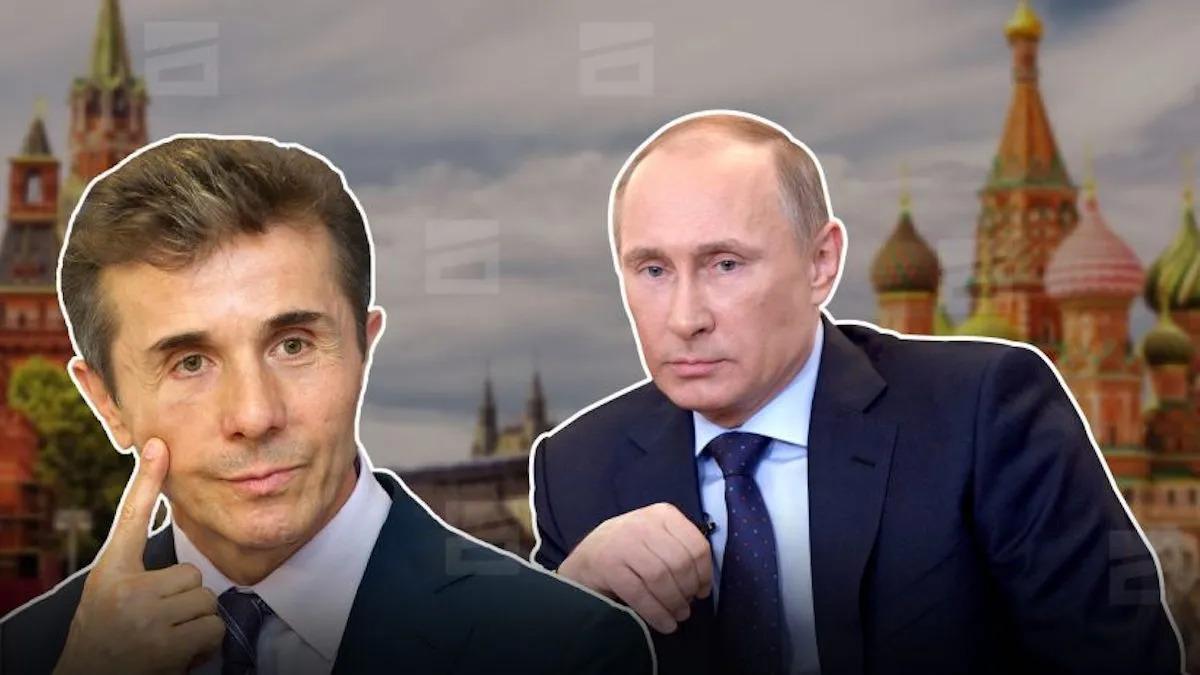What does Georgia’s pivot toward Russia mean? Turning point
In the last few months, significant political dynamics hit Georgia, triggering mass demonstrations, police crackdowns, and heated debates at the parliament between the ruling Georgian Dream (GD) and opposition parties. The tumultuous process began with the GD's controversial foreign agents' law imposing greater control over foreign-funded NGOs in the country. Shortly after the law entered into force in July 2024, Georgia's long-term partners in the West, the US, and the EU, critically assessed the GD's recent project, suggesting that "the ruling party is drifting away from the liberal-democratic values".
While the international pressure and criticism marked the first major deterioration of diplomatic relations between Georgia and the West, it also strained the political atmosphere at home. The law on foreign influence is not only a manifestation of the domestic struggle for power but also a reflection of two competing world views - a pro-Western movement, on the one hand, and a pro-Russian, on the other. Amid endless protests and a war of words, recently, Georgia positively assessed Russia’s statement that “it is ready to normalize diplomatic ties with Tbilisi after years of confrontation”.
Moreover, earlier in June, the local media cited an undisclosed source stating that the governments of Georgia and Russia are actively engaged in restoring diplomatic relations. Unsurprisingly, such reports bolstered the activities of main opposition groups and parties against the GD, as the recent confrontation with the West offers an opportunity to use pro-EU and pro-NATO messaging to try to regroup ahead of October's parliamentary elections.
Although the ruling GD harshly reacts to any kind of opposition within, including the country's President Salome Zourabichvili for her alleged attempts to challenge the ruling government, its relations with and the path to the ascension of the EU member states are under serious question. On December 13, 2023, the EU officially granted candidate status to Georgia, thus raising optimism in the society. However, the following events and GD's escalating rhetoric against the EU and Western institutions halted the process. Moreover, while Georgia’s Western partners have raised alarms about the developments in the country, Moscow defended Georgian Dream’s actions.

Given Georgia's gradual withdrawal from the Western bodies, such a statement from Moscow did not come as a surprise to the domestic audience. Nevertheless, the political crisis in Georgia revealed the power gap within the country as despite mass protests against the GD, leading opposition parties, including the United National Movement (UNM), cannot present themselves as a viable alternative due to internal divisions. In addition, President Zourabichvili’s attempts to become a politically active figure in Georgia following the end of her tenure also would be insufficient to challenge the GD government.
The lack of potent and alternative force indeed gives the GD government more space to carefully navigate recent divisions, and it is likely to garner more votes in the October election than any other single political party. However, it is not clear if the Georgian authorities still consider NATO and EU memberships as the country's top foreign policy priority despite Western sanctions imposed on some Georgian state officials.
If so, the GD government apprehends that the full EU membership will require it to suspend the foreign agent law and cease all pressure on opposition parties. For example, on August 20, the GD government announced that it seeks the constitutional mandate to ban the opposition party UNM due to its alleged efforts to "drag Georgia into a new conflict with Russia amid the invasion campaign of Ukraine". The changes to the constitution will leave no chance for any party to intervene in domestic affairs. This may explain the Georgian authorities’ kinship on normalizing ties with Russia as it could enable the country to peacefully resolve the conflict of Abkhazia and South Ossetia by avoiding large-scale war with much stronger Russia.








